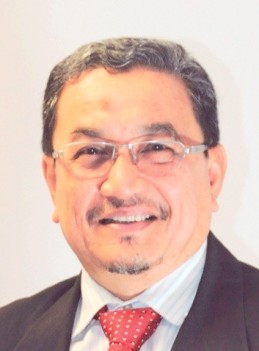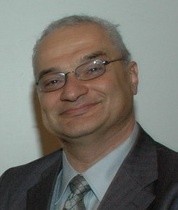
|
|
|
ICM 2011 keynote and invited speakers include:
The Growth of the Microelectronics Industry and its Contribution to Economic and Intellectual Transformation – The Case of Malaysia and Far-East Countries AbstractThis talk looks at the history of the development of the microelectronics industry in the far-east countries dating back to the early 1970’s. The focus is on the impact of the sector in the economic growth and human capital development in these countries, with particular attention to the scene in Malaysia. The intellectual impact on the socio-economic activities and the infusion into the educational system are also covered to reflect the relevance of the industry in the development plans of the country across the last 4 decades. Subsequently the talk also discusses current issues of the growth and expansion of the technology in line with the plan of the Malaysian government to transform the country towards a high-income economy to achieve the vision of being a developed nation by 2020. Current research and development activities and efforts towards commercialization of research results in microelectronics technology are also discussed. Biography
From January 2007, he was appointed Vice-Chancellor of Universiti Tenaga Nasional (UNITEN). Prof. Mashkuri has published over 200 technical papers in local and international journals and has presented papers in numerous international conferences across the globe. He also served as the Chairman of the Institution of Engineering and Technology (IET) Malaysia Network and was also a Council member of the IET in London. He is a Fellow of the IET, Fellow of the Academy of Sciences Malaysia, and a Fellow of the Institution of Engineers Malaysia (IEM). As Vice Chancellor of UNITEN, Prof. Mashkuri has played a major role in the growth of the leading private University in Malaysia particularly in rebranding the University as a quality institution. UNITEN won the coveted Prime Minister’s Industry Quality Excellence Award in 2009, the International Asia Pacific Quality Award 2010 for Education and the International Crown Quality Award 2010 for Education (in UK). “Self-Healing” Design of RF and mm-Wave ICs AbstractTo achieve the highest performance/price ratios of handheld wireless devices, the current trends in wireless chip set development call for a programmable cognitive-like multi-standard nanometer CMOS radios integrated on a single chip. This represents a grand challenge to both the yield and validation of such chip sets and typically requires several silicon spins which will increase the NRE development costs and may result in significant product delays and in missing important market windows. To meet this challenge we present design techniques for “self- healing” of RF and mm-Wave ICs leading to first-time-right-silicon in nanometer CMOS nodes and incorporating built-in self-test (BIST) and digital self calibration. We will demonstrate the validity of these techniques in the design of WiMAX/LTE CMOS radio front ends. The talk is intended for RFIC, baseband and SoC design engineers, researchers and graduate students as well as product and marketing managers. The material will be given at an introductory level. So newcomers to the field will be welcome. Biography
He served as a Corporate Consultant to over 30 companies and is a Co-Founder of Firstpass Technologies, Inc. a developer of RF and mixed signal IPs. He Co-founded ANACAD-Egypt (now part of Mentor Graphics). He advised the work of over 50 Ph.D. students and of over 95 M.S. students. He authored or co-authored a dozen books and over 250 journal publications and has 11 US patents. He received the US Presidential Young Investigator Award, the Ohio State Lumley Research Award four times, in 1992, 1997, 2002 and 2007 and the US Semiconductor Research Corporation’s Inventor Recognition Award twice. He is a Fellow of IEEE.
The Cross-Layer Multi-Dimensional Design Space of Power, Reliability, Temperature and Voltage in Highly Scaled Geometries AbstractThis talk addresses this notion of error-awareness across multiple abstraction layers – application, architectural platform, and technology – for next generation SoCs. The intent is to allow exploration and evaluation of a large, previously invisible design space exhibiting a wide range of power, performance, and cost attributes. To achieve this one must synergistically bring together expertise at each abstraction layer: in communication/multimedia applications, SoC architectural platforms, and advanced circuits/technology, in order to allow effective co-design across these abstraction layers. As an example, one may investigate methods to achieve acceptable QoS at different abstraction levels as a result of intentionally allowing errors to occur inside the hardware with the aim of trading that off for lower power, higher performance and/ or lower cost. Such approaches must be validated and tested in real applications. An ideal context for the convergence of such applications are handheld multimedia communication devices in which a WCDMA modem and an H.264 encoder must co-exist, potentially with other applications such as imaging. These applications have a wide scope, execute in highly dynamic environments and present interesting opportunities for tradeoff analysis and optimization. We also demonstrate how error awareness can be exploited at the architectural platform layer through the implementation of error tolerant caches that can operate at very low supply voltage. Biography
He received the best paper award for the IEEE Transactions on VLSI in 2002, the best paper award in 2006 at ISQED, and four other distinguished paper awards at DAC, EuroDAC, ASP- DAC and ISQED. He also received the Distinguished Alumnus award from this Alma Mater, the American University of Beirut in 2008. He is a Fellow of the IEEE and the AAAS.
|
|
Important Dates
Paper
Submission
|
 |
 |
 |
 |
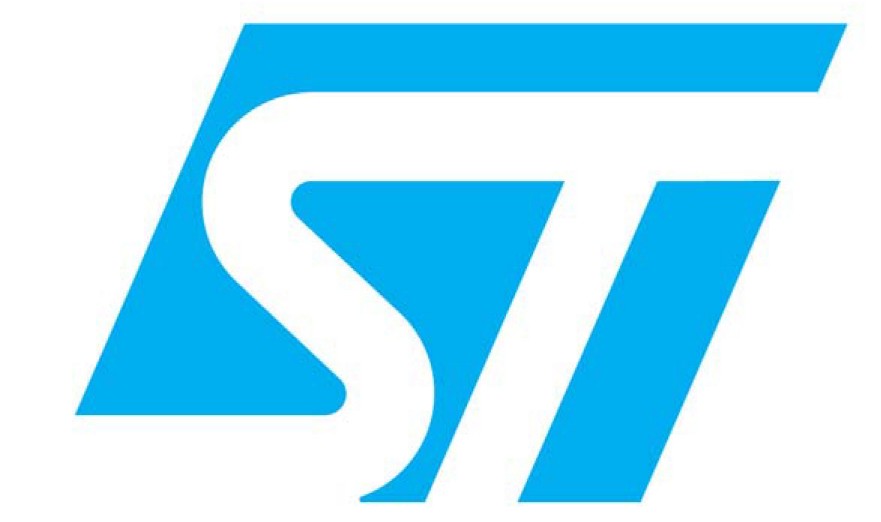 |
 |
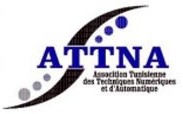 |
 |
 |
 |
|
 |
 |
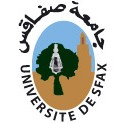 |
|

